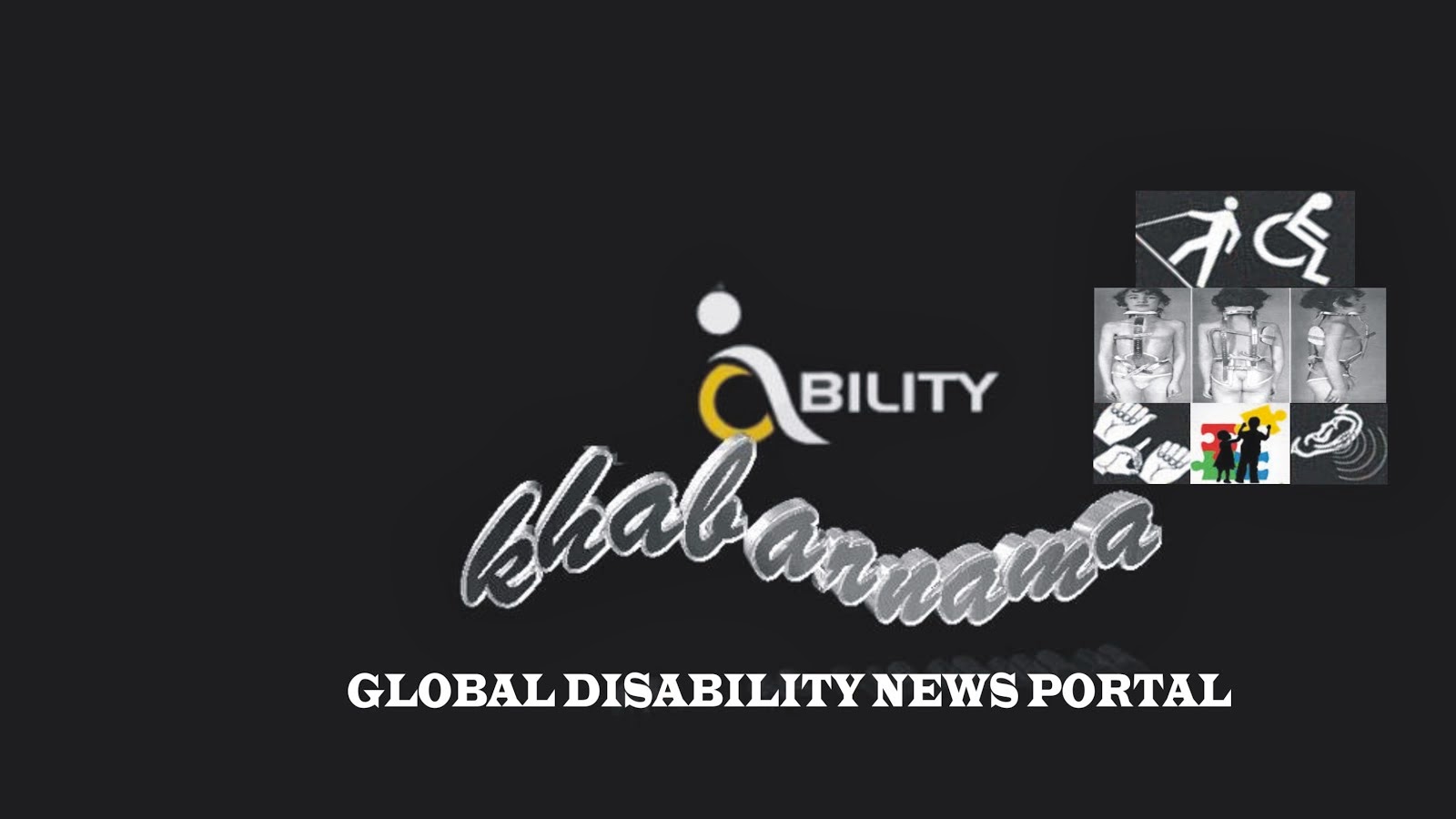
Credit: Patient_min
The European R&D project BrainAble, led by Barcelona Digital and
aimed at improving the autonomy of people with serious physical
disabilities, has just successfully ended after three years of
technological research and development with an investment of €3 million,
partially funded by the European Commission under the FP7 Programme.
BrainAble has demonstrated the benefits that advanced technologies bring
to people with physical disabilities so severe that they cannot
interact with their environment (home, friends, family, etc.)
independently. Specifically, the project has developed a prototype that
allows these people to perform actions that they could not otherwise,
such as writing and communicating in social networks, turning on and off
the light or the television, controlling any digital home appliance,
like a wheelchair, and playing in and exploring virtual environments for
their entertainment. And all this is possible simply by reading
electrical brain signals, without moving a muscle.
This prototype consists of a combination of human-computer interfaces
composed of Brain Computer Interface (BCI) sensors with other
physiological sensors that measure a person's physical and emotional
state (affective computing) and with virtual reality environments, and
the connection of these interfaces with smart homes and online social
networks. Thanks to this combination of technologies, the BrainAble
prototype can read the brain impulses generated by the user to carry out
a particular activity (for example, changing the television channel),
interpret them and act on his/her behalf in the home or social
environment. Furthermore, the system learns the user's habits and tries
to
understand the context in which they are being used, looking to
automate some common actions (for example, regulating the temperature of
the home according to the user's taste). It can also monitor whether
the patient is tired, and if he/she is, it can adapt and become easier
to use. Thus, by giving them more autonomy in their daily lives, the
BrainAble system allows people with severe functional disabilities to
improve their social inclusion and the quality of their lives.
Application and use of the BrainAble system
BrainAble was developed by a multi-disciplinary team of therapists,
researchers and engineers on the frontier of neuroscience, signal
processing, assistive technologies and automatic learning and is already
having an impact on the growing market of accessible, inclusive and
assistive products from an innovative perspective. Some of the members
of the consortium are already studying how to incorporate the findings
of the research into their BCI products, like the Austrian company Guger
Technologies, and in the case of Barcelona Digital how to expand the
range of application of the assistive technologies developed to other,
larger groups like the elderly, as well as people with different types
of disabilities.

In a society that is increasingly sensitive to dependency from a
social and economic point of view, BrainAble is aimed at a growing
market in the field of disability (190 million people around the world
suffer from different degrees and types of functional disability,
according to the WHO). Moreover, the adaptation of the technologies
developed for BrainAble to make an active and independent life easier
for the elderly and people with special needs of all kinds means that
the potential for exploitation is very promising.
Source : Phys.Org , 14th May 2013

No comments:
Post a Comment